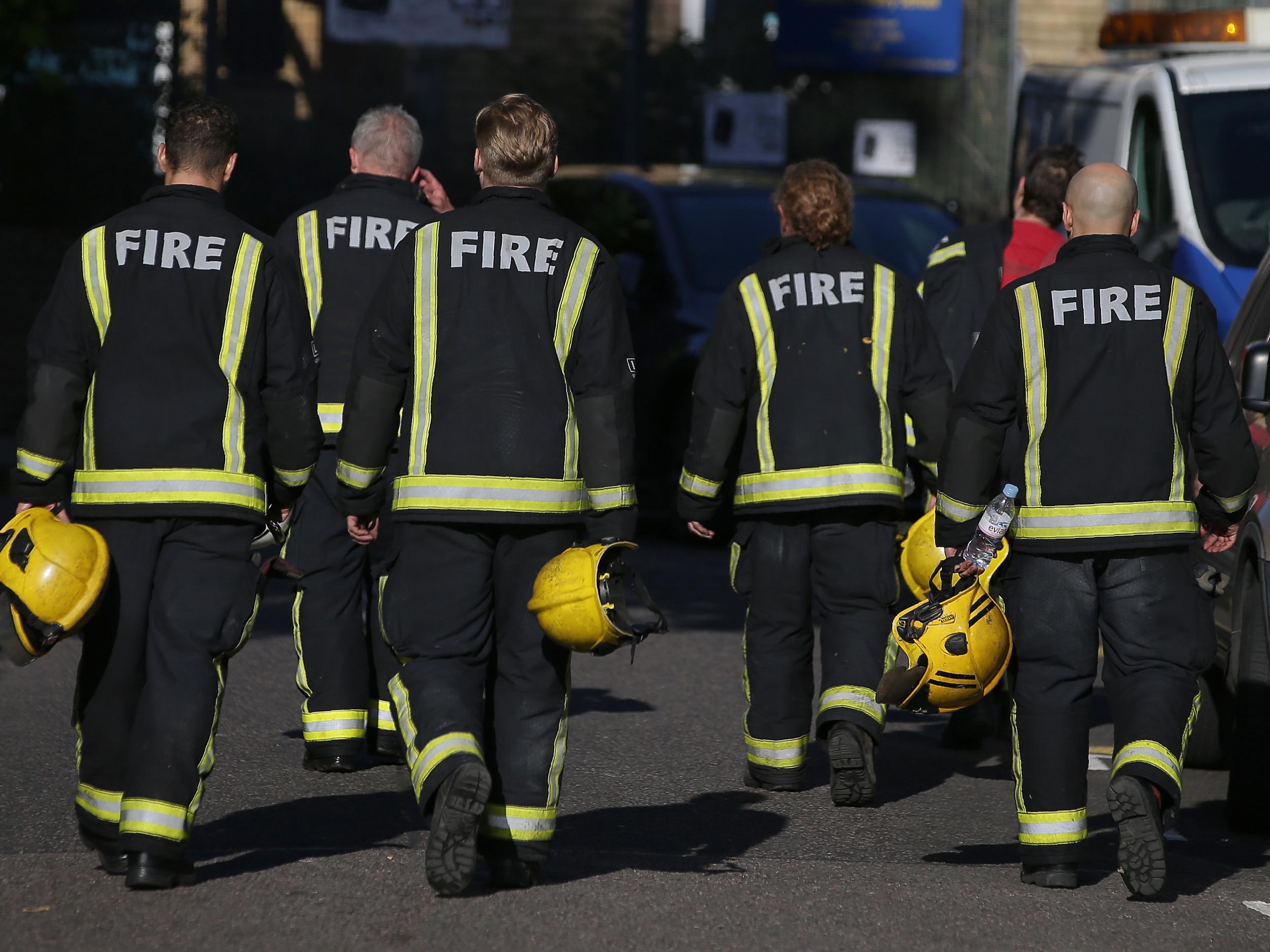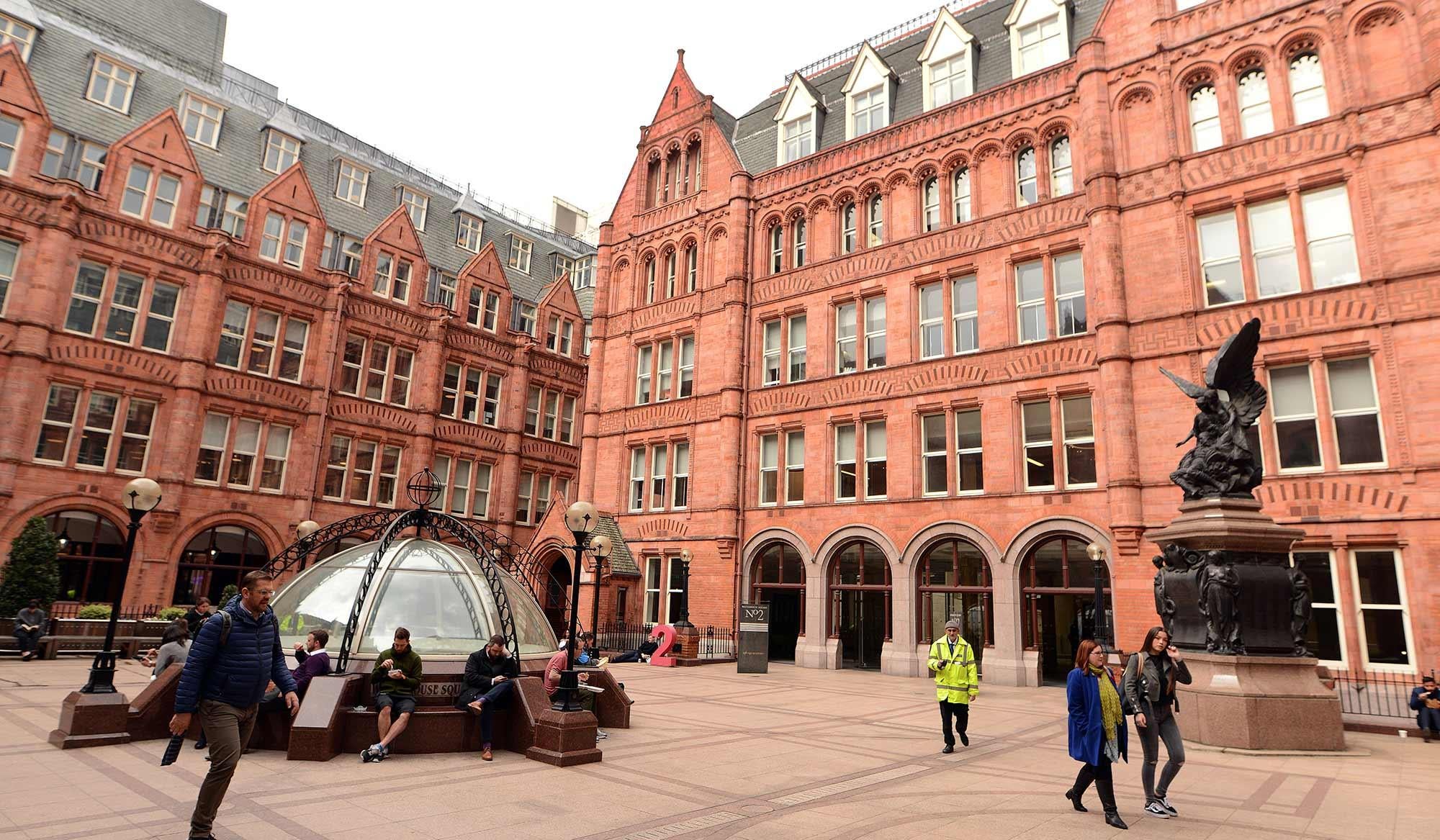Grenfell fire commander tells inquiry he thought only two flats would catch alight 'if we were unlucky'
Andrew O'Loughlin says he assessed it was safer for those trapped to remain in their flats and did not realise the 'stay put' policy had been abandoned until later

A senior fire commander believed only one or two flats in Grenfell Tower would catch alight "if we were unlucky" after flames licked up the high-rise's exterior.
Incident commander Andrew O'Loughlin immediately recognised the fire's spread up the east side of the tower was "exceptional" but that it looked as though it had "possibly done its worst", shortly after he arrived at 1.55am.
He said his expectation was that the concrete building "should protect itself from the burning cladding", envisioning flames would enter only a couple of flats.
In a written statement to the Grenfell Tower Inquiry, he said: "At this time, I concluded that the speed and violence of the fire was in our favour. The cladding was rapidly burning and falling off the building and the fire had already hit the roof, so shouldn't really go any further.
"It's understood that fires travel vertically and only travel a little bit horizontally sometimes, perhaps to a flat next door, but they don't tend to go downwards.
"My expectation was that if we were unlucky, perhaps one or two flats, with open windows, could catch light, but it looked, at this point, as though the fire had possibly done its worst on the east elevation."
He added: "I concluded that this was actually helpful for us, as the cladding had effectively burnt off the building, leaving only pockets of fire. These pockets weren't significant and so shouldn't have penetrated the building."
Mr O'Loughlin, who has almost 30 years experience at the London Fire Brigade, estimated there were between 100-200 people still inside the burning building after being briefed on his arrival.
Believing the fire would not systematically enter and then breach compartments within the block, he assessed it would probably be safer to keep them inside until the fire had been put out rather than risk evacuation down its single smoke-logged stairwell.
He later learned the brigade's policy advising those trapped to stay put and await rescue had been abandoned, concluding "there must be something happening that I didn't know about".
Some 71 people died in the fire on June 14 last year, with a 72nd resident dying months later.

The public inquiry into the disaster is currently hearing evidence from fire personnel during its first phase at Holborn Bars, central London.
Mr O'Loughlin said he and his colleagues should never have been put in the position where they were "having to take a reasonably high level of risk to rescue members of the public, whilst knowing that despite our efforts a large number of people were still going to die".
He said: "The only plan for a future incident would be to not let it happen in the first place, as it couldn't be managed. On the night, I asked for all the resources that I needed. I don't think that there was a way to deal with it and I don't think the fire service is set up to deal with it.
"Even when fires are unpredictable, you don't expect them on a scale such as that at Grenfell Tower. It should not happen and it shouldn't put people like me, as the incident or operations commander, and the firefighters under my command, in the position where they were having to take a reasonably high level of risk to rescue members of the public, whilst knowing that despite our efforts a large number of people were still going to die."
Press Association
Join our commenting forum
Join thought-provoking conversations, follow other Independent readers and see their replies
Comments